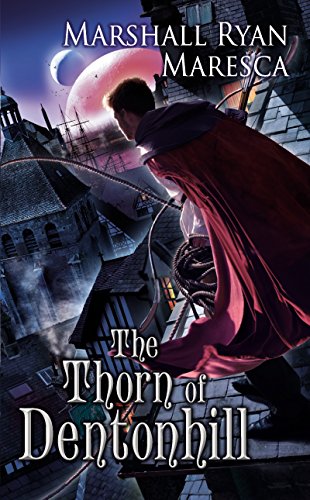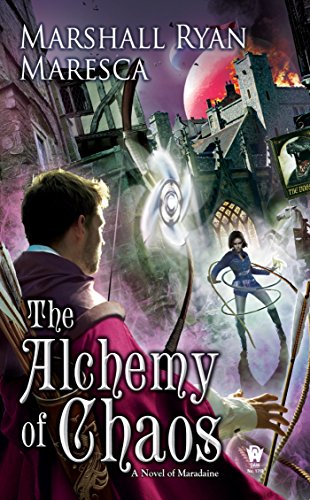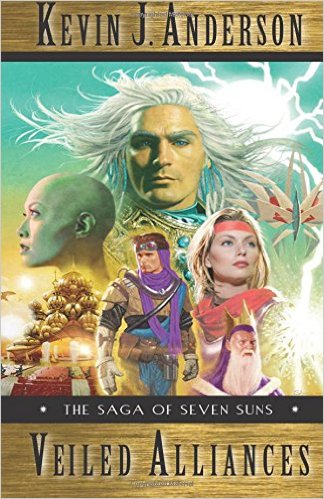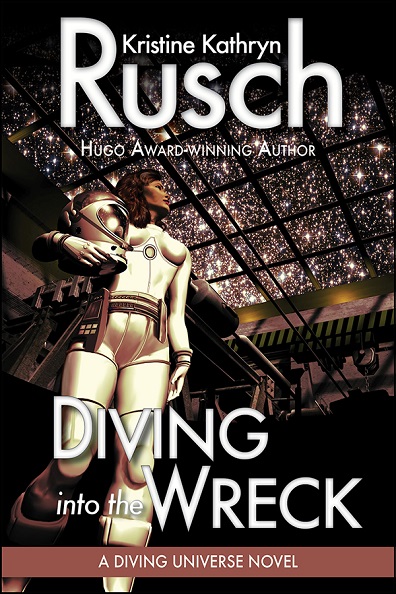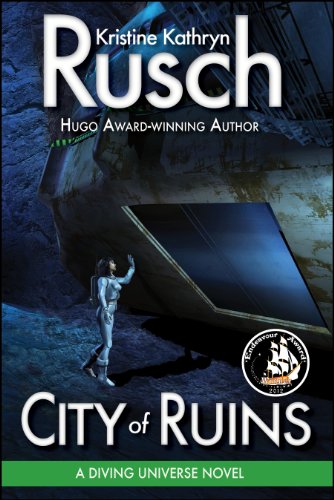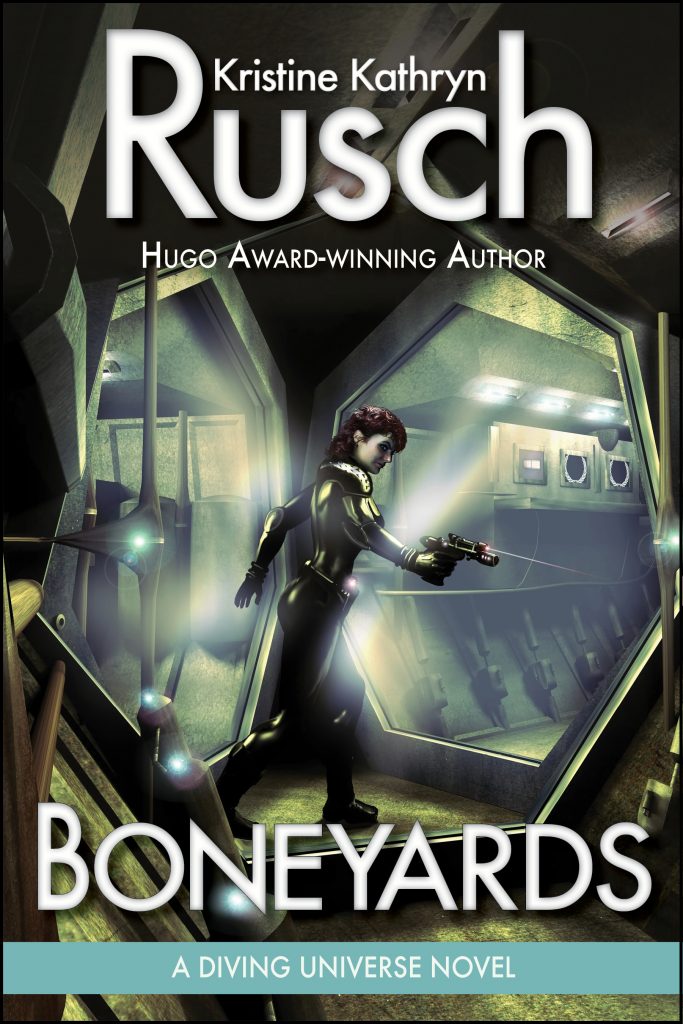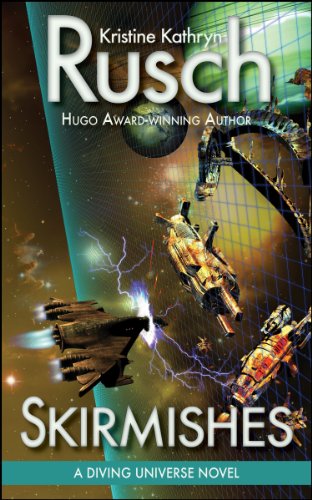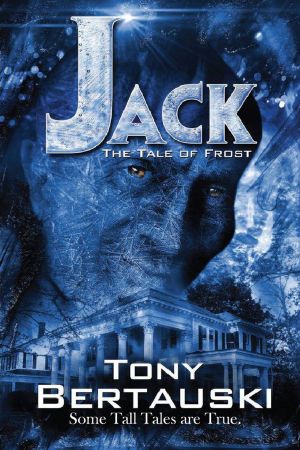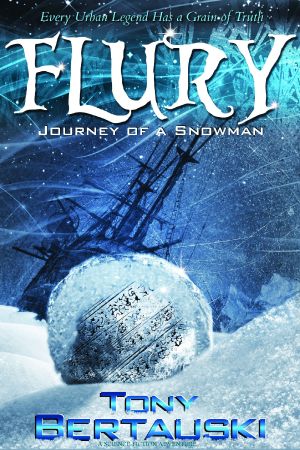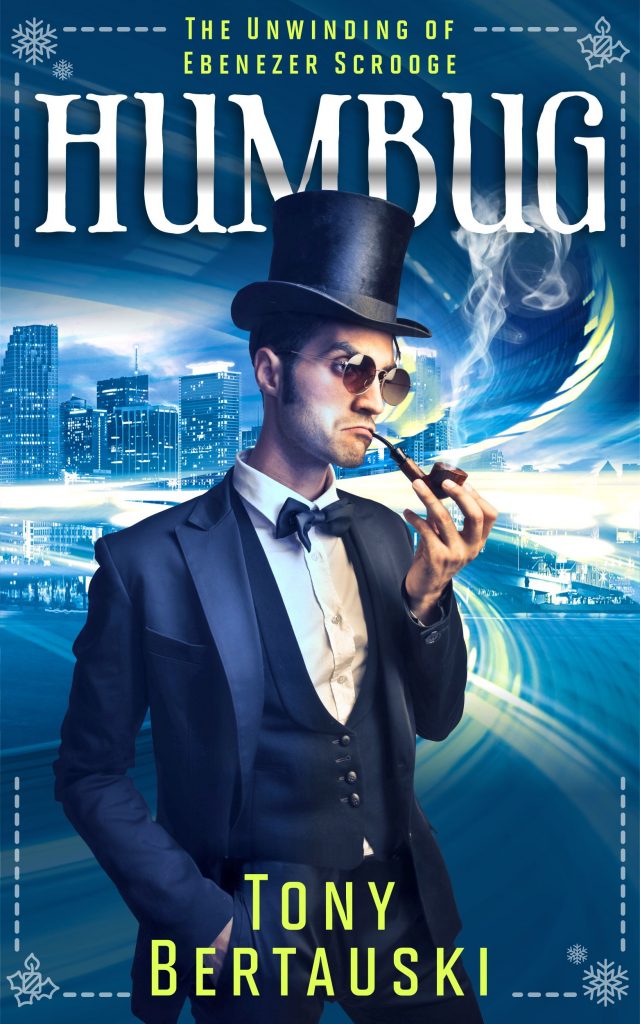By Carl Slaughter:
To: Sundar Pichai, CEO of Google
From: Carl Slaughter [email protected] 86-18437781522
Congratulations on your recent promotion. Now shut it down.
Quick update: I registered these domain names: I HATE GOOGLE DOT COM, I LOVE GOOGLE DOT COM, I LIKE GOOGLE DOT COM. Your legal department threatened me repeatedly with legal action.
You fiercely protect your own property – or in my case, property you claim to own – but refuse to protect the property of others. And not only do you not fight piracy, YOU ARE COMMITTING THE BIGGEST ACT OF MASS THEFT IN THE HISTORY OF COPYRIGHT.
I am referring to your book project. You tried to publish 30,000,000 books without permission or compensation. The only reason you offered compensation later is because the Authors Guild took you to court.
The Authors Guild’s solution was to ask you for $3,000,000,000. Your solution was to offer them $125,000,000. My solution is for you to stop publishing someone else’s books. Or rather, everyone else’s books.
And make no mistake, what you are doing with Google Books is essentially publishing in spirit and letter. It’s obvious you intend to coop the entire publishing industry. It is furthermore obvious from your longstanding actions that you consider all material whatsoever fair game, plan to assimilate all of it, and don’t intend for anyone but you to profit.
Meanwhile, you let Hollywood talent agent Ari Emanuel (WME) take a beating in the media when he took you to task over piracy. Then you snubbed Chris Dodd (MPAA) and rebuffed Geoff Taylor (PBI).
Most of the books you’ve scanned are nonfiction and most of the people I network with write mostly fiction. But you will eventually start assimilating fiction. Movies, TV shows, music, sports, photos. You’ll eventually target anything that can be offered online. You are the Borgle.
But even before your pending invasion, piracy has long been a major problem in the fiction community. Why else would the Science Fiction and Fantasy Writers of America have epiracy and copyright committees? Why else would speculative fiction matron Ursula K. Le Guin cancel her membership from the Authors Guild and publicly renounce their decision to (temporarily) compromise with you?
Authors routinely offer excerpts on their websites, as do publishers like Tor. At SF Signal, I have linked readers to as many as 9 sample chapters from one book. FreeSFOnline.de offers free short stories in print and podcast form. But they get the author’s permission. You can’t post or distribute scenes, chapters, or entire stories, much less entire books, without permission from the authors.
In search of authors to interview and books to feature, I have perused the catalogs of the major speculative fiction publishers and the major agencies with large speculative fiction clientele. I have read jacketcopy for thousands of novels. I did the same with the 300 and 900 sections of the library to get caught up on all those things my professors didn’t tell me in college.
So I can tell you from extensive personal experience that reading the jacketcopy of a book suffices for someone to decide whether to read a book. And Amazon is already providing that service. You are enticing people to your site by offering aggregate snippets that essentially gut the contents of the book and render a reading, i.e. purchase, unnecessary.
Just as aggregate news sites, with high Google ranking, gut news stories by offering readers the key paragraphs and a perfunctory link to the original source. Thus, they drive advertisers away from newspapers and magazines that rely on advertising revenue to generate news. These aggregate news sites use the same fig leave of “fair use” to justify the same parasitical process.
Furthermore, cyberlockers, which your search engine makes easy to find, delete advertisements, which underwrite television production costs; just as download sites cut deeply into ticket sales, which underwrite movie production costs.
Screen sci-fi is particularly sensitive to production costs because of the special effects, spaceship/extraterrestrial sets, alien prosthetics, varied costumes/uniforms, and so on, unique to this genre’s visual storytelling.
Big and small screen speculative entertainment – science fiction, fantasy, and horror – have long since gone mainstream. But if this trend continues, THERE AIN’T GONNA BE NO MORE SCI FI MOVIES AND SCI FI TELEVISION SHOWS CUZ THERE AIN’T GONNA BE NO MORE PRODUCTION FINANCING FOR NO MORE SCI FI ENTERTAINMENT.
As an example, I recently interviewed Matthew Warner, novelization author for Plan 9, the remake of Plan 9 from Outer Space. He gave me the username and password to access the reviewer copy of the movie. He needn’t have bothered.
I typed this formula into the Google search engine: “Plan 9” “watch.” With the help of Google’s auto complete, I drew up plenty of sites that offered pirated versions of Plan 9. I clicked on the first one and was able to watch THE ENTIRE MOVIE IN CINEMA QUALITY WITH NO TECHNICAL PROBLEMS WHATSOEVER COMPLETELY FREE.
I need to add that I’m talking about the 3rd or 4th pages of hits. Not those Asylum produced blockbuster copycats or those hideously unwatchable Kickstarter financed projects deep in the archive.
On one site, 18,000 people had viewed Plan 9. Amazon lists Plan 9 at $5 to rent and $13 to buy. Do the math. And that’s just one site.
Same site, Batman versus Superman: Dawn of Justice, 6 weeks after its release, 5,000,000 views. Captain America: Civil War, 3 weeks after its release, 700,000 views. Multiply that by a $10 cinema ticket.
Hateful 8 producer Richard Gladstein said a few weeks after its cinema release that it had been illegally downloaded 1,300,000 times. A few months later, same site, 1,870,000 views.
Expendables 3 producer Avi Lerner claims he lost $250,000,000 because of illegal downloads. Same site, 2,000,000 views. Gladstein and Lerner blame you and Lerner calls Obama a coward for not standing up to you.
Walking Dead producer Gale Anne Hurd claims her season 5 premiere was illegally downloaded 1,200,000 times. She Googled “watch Fear the Walking Dead.” The first hit you gave her was AMC. The second was a pirate site.
I emphasize most of these statistics are for one site. Multiply the views times the number of pirate sites, add DVDs to the formula, and you begin to see the magnitude of piracy.
After my investigation of piracy in the “Plan 9” case, I typed the search formula “download videos” into the Google search box and discovered that Chrome offers a video downloader accompanied by a disclaimer about piracy.
I have the screen shots to prove all this.
Thus Google facilitates piracy but gives lip service to copyright, all the while practicing far more piracy than anyone.
The director of Plan 9, John Johnson, whom I also interviewed, Matthew Warner, the actors, and the production crew at Darkstone have bills to pay, mouths to feed, careers to forge, college tuition to save up for. And you’re taking food out of those mouths.
Nor are my encounters with Google my first major encounters with large-scale piracy.
I travel extensively as an ESL teacher. So far, 18 countries on 4 continents.
I’ve seen movies, TV shows, documentaries, albums, and books on sale in every nook and cranny of Asia – subway stations, bus stations, compound gates, bridges, alleys, vans, even a restaurant. I’ve seen entire markets with numerous shops selling thousands of titles. (Yes, thousands.) More than once, I have found pirated versions of Hollywood movies on sale before they were scheduled to be released in American cinemas. When I was in a Beijing [CHINA] bus station, pirates were selling DVDs without fear. When I was in the main Greyhound station in New York City, pirates were brazenly hawking the leaked draft version of X-Men Wolverine. When I was in SAUDI ARABIA, they were selling copies of Fahrenheit 9/11 right outside the biggest bookstore in Jeddah. I am very sure the DVD shop in BURMA on the Thai border across from Mai Sot has no business arrangement with anyone in Hollywood. Same with the DVD markets on Beijing’s south side, in the Morning Market in Vietiane [LAOS] on the Lao-Thai border, and in MBK, Bangkok’s [THAILAND] biggest mall. If there is anyone you would not expect to sell pirated merchandise, it would be the major retailers. But in Beijing’s largest bookstore, I bought the complete Friends series, only to discover that the episodes were taped from Channel 14.
ESL is big in China. A slew of ESL MAGAZINES print dozens of articles per issue. Almost all of these articles are pirated from American and British periodicals and news agencies. In CAMBODIA’s ESL schools, pirating textbooks is standard operating procedure. Worldwide, it seems the Oxford Advanced Learners Dictionary [DICTIONARIES] is the pirated desk dictionary of choice. Windows is popular in China. American and British pop music is almost as popular as Chinese pop music among China’s youth. Every one of my students has a smart phone and every one of those smart phones has numerous American and British pop [SONGS]. International credit cards are not widespread in China, especially among high school/college students. I’ve traveled to and taught in so many cities in China, I’ve lost track. I’ve used countless computers in offices, dorms, and Internet cafes. I’ve yet to see a Windows [OPERATING SYSTEMS] or NOD 32 [ANTIVIRUS] program that isn’t pirated.
And piracy is not limited to western countries being the prey. Chinese students take an awful lot of standardized local and national academic and professional exams. Free pirated pages of Chinese written and Chinese published exam prep books are readily available online.
Back to sci-fi and piracy. Galaktika, a Hungarian magazine, has been publishing translated short stories without permission or compensation. The SFWA continues to challenge and expose Galaktika and its editor continues to spout increasingly sincere sounding spin doctor excuses.
Foreign language magazines and publishers represent a huge market for speculative fiction authors. Some authors draw more income from their foreign sales than their English sales. This investigation is only one magazine. Factor in the enforcement problem of not being able to read multitudes of languages. Also, the original magazine draws income from reprints until the copyright returns to the author.
I experienced this scenario too. A major science fiction magazine in China translated and published one of my best interviews. They promised to compensate me, quoted their rate, and asked for my bank account information. The money was never transferred. Thus I have joined the ranks of authors who have been burned.
For the record, I not only have never downloaded a pirated movie, I have never downloaded any movie. I am technology challenged. I’ve never used Bit Torrent. I don’t even know how.
I have a collection of 1500 movie DVDs carefully selected for language learning purposes. When I want to use a movie in the classroom to teach ESL – conversation, listening, idiomatic usage, report writing, cultural context – I never assign a student to download it from the Internet, although they are abundantly available through the Youku and Tudou cyberlockers. Instead, I buy the DVD.
The DVDs I have bought have half a dozen voice languages, 10-15 subtitle languages, and several bonus features. So they are obviously copied from the master. Pirated movies usually don’t have these extras. So these DVDs don’t appear to be pirated.
When I use a book excerpt as a classroom handout, I retrieve the handouts at the end of the lesson. I certainly don’t give them the book and a wad of cash and tell them to feast themselves at the copy store.
For several years, I was the editor of ESL Book Review, which used the domain name, you guessed it, ESL BOOK REVIEW DOT COM. The books I reviewed, I got from bookstores or publisher’s marketing agents, never the copy store, never the street.
(When I landed in Beijing, the translator for my host school said, “Where do you want to go?” I didn’t ask to visit The Great Wall, The Forbidden Temple, or the Summer Palace. I said, “Take me to the biggest bookstore in Beijing.” When I finished shopping, she said, “Where do you want me to take you next?” I said, “Take me to the second largest bookstore in Beijing.” And where did I ask her to take me after that? The foreign language bookstore, of course! Oh the money I spent in those bookstores; oh trail of book collections I left with school colleagues across the globe; oh the boxes of books I donated to my university English department and library. Not to mention time building a massive website and time typing a running list of titles.)
BTW, when I was in Washington DC, I went to the Copyright Office, which is inside the Library of Congress, and asked in person if my classroom activities violated copyright law.
The point is, whether discs or books, I took the high road. You haven’t taken the high road.
In response to criticism from Ari Emanuel, you came out with The Emanuel Update and The Emanuel Penalty. Or some such thing, I can’t remember the details. But it was all damage control.
With over 75,000,000 takedown requests per month and with the rate doubling on a yearly basis, it’s undeniable that you are not practicing preventative medicine on any significant scale. Instead, you are The Little Dutch Boy with too many holes in the dam and too few fingers. I can state categorically that you are not and never have been serious about piracy on any front except that which directly affects you.
And if you ever get serious about piracy, pirates will be in serious trouble. You built a driverless car. You designed arguably the first authentic AI. You mapped the world. And those glasses. I don’t even know what they do. But those glasses got an awful lot of buzz. And some people are intimidated enough by those glasses to ban them from their establishment. (What DO those glasses do?) This and much more coming out of your lab. It’s only a matter of time before you invent a brain chip that allows us to operate gadgets, type, and yes, hack technology – right out of a sci fi story. And all this is in addition to a search engine that has eliminated the need for a second opinion.
In all the years I’ve been using Gmail, I honestly can’t recall receiving even one spam message. So why is Gmail utterly spam free while Yahoo and Hotmail are swimming in spam? Because one of your awesome geeks there in Mountain View designed it to recognize spam. Why can’t you give us software that can recognize piracy? You didn’t make excuses about spam, you just dealt with it. So why are you making excuses about piracy?
On the same note, when I subscribed to NOD 32 antivirus software, my virus problems completely disappeared instantly and I did not have even one virus problem during the entire subscription (and as part of my job, I use a lot of copy store, classroom, and office computers, so my USBs are virus magnets). Same explanation: Because an awesome geek at ESET designed it to recognize viruses. They don’t make excuses about viruses, they just deal with them.
You and the rest of Silicon Valley have given us STAR TREK TECHNOLOGY IN ONE GENERATION. But there is a conspicuous gap in this string of impressive technologies. To this day, you pretend you can’t design effective anti-piracy software. I suggest you can and would if Ari Emanuel wrote you a big enough check instead of asking you to do it out of moral obligation and civic duty.
For ESL Book Review, I used a pagebuilder that was as simple as Word. (Let there be Word and let there be only Word; let it be XP and let it be 2003; text-based command buttons, no freaking hieroglyphics.) Contributors to a couple of magazines I’ve written for are required to do their own pagebuilding and I’m ready to exile HTML to an alternate universe. So as I explained before, I am technology challenged. So correct me if I’m wrong, but isn’t anti-piracy software as simple as comparing 2 lists and eliminating anything not on both lists?
Cinemas, DVD shops, bookstores, and agencies get their piece of the action. Retailers have documents on their front windows certifying they are authorized to sell copyrighted products. And they all sign contracts with studios, production companies, publishers, and authors. Pirates don’t want to settle for their piece of the action. They want everyone’s piece of the action. So they don’t sign contracts.
Copyrighted material is on file with the Library of Congress. Copyright owners have a list of people who have signed a contract to use their creative content. Pirates are not on the second list. Isn’t anti-piracy software as simple as comparing the 2 lists and eliminating from the search results anyone not on both lists?
Like I said, I’m not tech savvy, but it seems to me Silicon Valley, a community with the most talented, skilled, and experienced geeks in the world, could perform this task blindfolded, half asleep, and with one hand tied behind their back.
A talk show host who interviewed you and Susan Wojcicki counted 22 times Ari Emanuel criticized you during his notorious rant. This talk show host then posed a question to you about anti-piracy software, then posed a question to Wojcicki about customized advertising. You said Google technology is woefully inadequate, Wojcicki said Google technology is impressively precise and reliably predictive. We’re talking back to back comments. I laughed uncontrollably at the hilarity of this contradiction. Dude, you can’t have it both ways.
One minute, you’re saying to victims of piracy, “We have no way of telling you what you want to know.” The next minute, you’re telling advertisers, “We have the means to tell you exactly what you need to know.” What’s the explanation for this duplicity? Oh that’s right, advertisers are paying you lots of money for the information you provide them. How many zeros does Ari Emanuel have to write on that check before you stop indulging in this Pentagon style doublespeak?
Your legal department threatened me through an email address I was required to provide when I registered those domain names you demanded from me. So don’t tell me you can’t track down contact info for pirates through their domain name registration.
There was an awful lot of spin doctoring in the media in response to Ari Emanuel’s comments about Google. To the effect that Google has no control over the situation and that he and other entertainment industry leaders are responsible for piracy through their refusal to adapt. (I’m looking at you, Mike Masnick.)
Intellectual property is owned by the people who create it. Just as much as buildings, land, vehicles, livestock, jewelry, precious metals, insurance policies, stocks, retirement accounts, art collections, etc, belong to the people who buy them.
Protection of intellectual property is an inalienable, longstanding, universally recognized right. That right does not disappear just because technology changes. Any more than free speech, religion, assembly, redress, due process, etc, disappear because any other aspect of society changes.
You can’t publish my book without my permission. For the same reason you can’t sleep in my house, drive my car, wear my clothes, play my musical instrument, cook with my gas, wash with my water, make calls on my phone, or eat the produce from my garden without my permission.
If someone stole your coveted algorithm, you would press criminal charges. If that person was a Google employee, you would have them escorted out of Google headquarters in handcuffs. If a rival reverse engineered that algorithm, you would file a claim in civil court. You challenge anyone, including me, who registers a domain name with the word “Google” in it. If someone in your accounting department embezzled so much as $5, if one of your cafeteria workers walked into the parking lot with so much as a box of chicken strips, you would fire them. You would dismiss without any consideration whatsoever any spin doctoring they put on their behavior. You would take action to protect your company and you would do it completely unapologetically, as would any responsible CEO.
So you clearly have no reservations about applying property rights to yourself, but you have repeatedly refused to apply that same principle to the rights of others, whether it be defacto publishing or enabling pirates.
What do robbery, burglary, shoplifting, pickpocketing, carjacking, identity theft, embezzlement, extortion, blackmail, ransom, insurance float, welfare fraud, Ponzi schemes, scams, counterfeiting, and forgery have in common? They are all forms of theft.
Piracy is theft and theft is a crime. Google Books is a copyright violation and copyright violation is a crime. Pirates are criminals and protecting criminals makes you an accessory to crime. There, I’ve used the word crime 5 times in the same paragraph in reference to piracy and you.
Meanwhile, you have in your archives the entire contents of what will eventually become every book ever printed in every language, past, present, and future. As any honest geek will admit, anything in electronic form is hackable if it’s accessible; and if it’s accessible to you, it’s accessible to hackers. And you have made available a treasure more than one hacker will find irresistible. So don’t talk to me about your security protocols.
Seriously, haven’t you ever heard of Wikileaks? Hackers have gained access to massive government and corporate files and dumped the entire contents online. What’s going to happen when they hack Google Books? Or a Google employee steals them?
That’s right, they’re going make all those books available online, not in snippet form, but in their entirety, either for free on the light net or for sale on the dark net, depending on the identity of the hacker. Either way, the content creators will be left out of the financial loop and the investment of their time and energy and money will evaporate in the time it takes Bittorrent to do its thing.
Oh but wait, that means your investment in scanning those books will evaporate too. (How much money DID you spend on your book project?) Hmm, I suppose then you’ll get serious about piracy.
So I’m giving you a chance to shut it down. Shut down your threat of legal action against me, shut down your book project, shut down the piracy charade, and shut down the abuse of entertainment industry leaders who have addressed your involvement in piracy.
Otherwise, I will have to post this letter online and distribute paper copies to the media.
Postscripts:
Shortly before finishing this letter, I tested the password for I HATE GOOGLE DOT COM. (Curse you, Captcha!) If I don’t get the appropriate response to this letter, you and everyone else on the web will be able to access this letter online by typing I-H-A-T-E-G-O-O-G-L-E-.-C-O-M into your browser.
In spite of being technology challenged, about 5 minutes ago, I somehow figured out how to open a Twitter account and tried to tweet you this letter. Oh I see, only 128 characters per twit or tweet or whatever the terminology is. OK, how about this twit-tweet for under 128 characters:
I own these:
www. I Hate Google .com
www. I Love Google .com
www. I Like Google .com
@teachenglishab1
The twitter note was yesterday. Today, I read this headline in Yahoo News: “Google Wins Long US Court Battle on Book Scanning.” The Supreme Court sided with you, declining to even consider the Authors Guild’s case. The Borgle has just assimilated a very large sector of the galaxy. In light of the Supreme Courts decision, I decided to go live with this letter instead of waiting for your response.
No sooner than the Supreme Court authorized your assimilation of 30,000,000 books, Getty Images filed suit against you for pilfering their archive of 80,000,000 photos and illustrations. What’s next? I’ll tell you what’s next. You’ll target Getty’s 50,000 hours of stock film footage, that’s what. It’s only a matter time before you offer a service called VGoogle and find a “fair use” fig leaf for posting Hollywood’s entire collection of movies and TV shows. Whether the Supreme Court let’s you keep your hand in Getty and Hollywood’s cookie jar remains to be seen.
I consulted with Ari Goldberger of ESQWire.com, a domain name defense attorney with a track record for winning cases against high-profile corporate claims. He told me I have a right to these domain names. I’ll take Ari Goldberg’s legal opinion over your legal team’s any day.
Authors Guild, MPAA, RIAA, BPI. Ari Emanuel, Kurt Sutter, Richard Gladstein, Avi Lerner. Lamar Smith, Bob Goodlatte. Too many people writing guest editorials about you, not enough people suing you.
Carl Slaughter has a degree in journalism and radio/tv. For several years, he was editor of ESL Book Review. He was a stringer for the Associated Press. He has written 300 reviews, interviews, features, profiles, news items, and essays for Tangent, Diabolical Plots, SF Signal, File 770, and Amazing Stories ezines, plus 200 critiques for the Critters online workshop. For the past 15 years, he has traveled the globe teaching ESL (English as a Second Language) in 6 counties on 3 continents. Carl has traveled to 18 countries and counting. (He’s tired.) His essay on Chinese culture was published in Beijing Review. His essay on Korean culture was published in The Korea Times, as was his expose on the Korean ESL industry. His travel/education reports about Thailand occasionally appear on the Ajarn website. When he’s not distracted with chronic visa issues or major culture clash, he enjoys interviewing famous science fiction authors, who by coincidence enjoy being interviewed.


